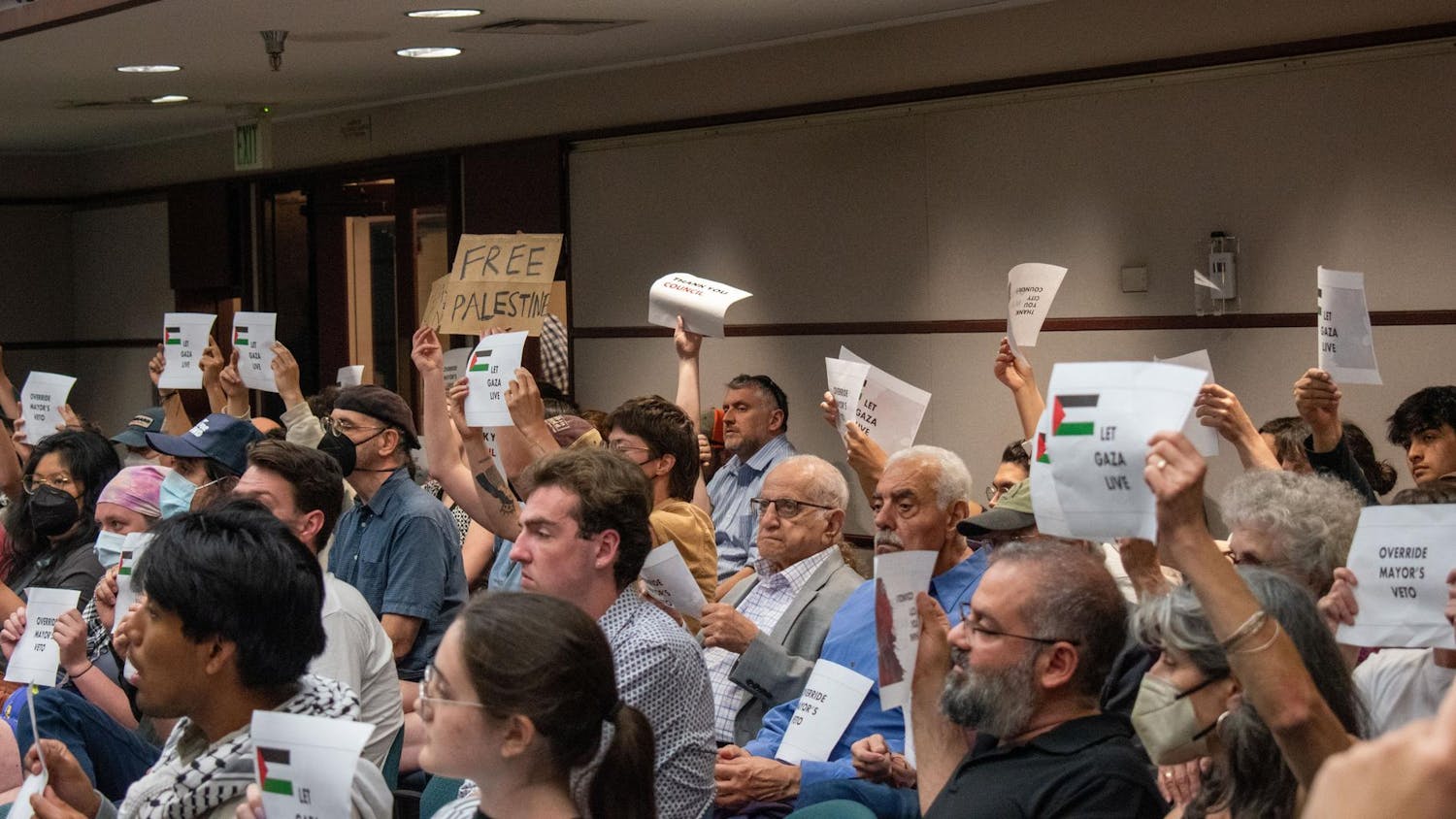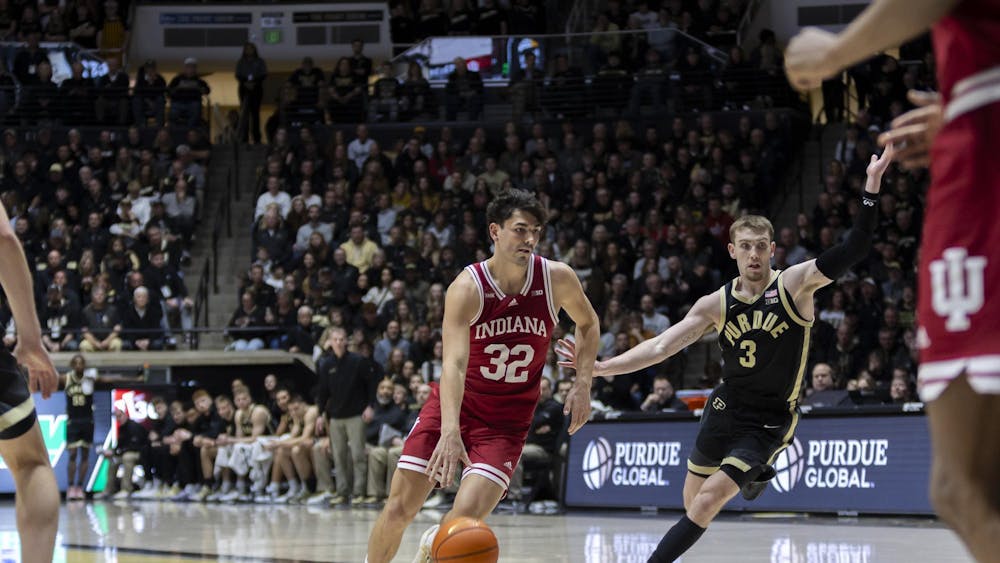There was complete silence as American University professor Gershon Greenberg narrated the anecdote of a sergeant who had to amputate his own child’s limbs to save him.\n“It brought unbearable grief,” Greenberg said. “But there is a difference between the soul and the body, and to save the soul, one sometimes needs to save the body.”\nThe anecdote was first cited by Ephraim Sokolover in his Hebrew book, “The Face of Ephraim.” Sokolover was one of the many thinkers and writers whose work Greenberg cited in advocating the religious nature of the deaths at the time of the Holocaust.\n“(The anecdote) is applying to the sacred deaths of the Holocaust to show that they were transcended by souls reaching God in purity,” he said.\nGreenberg addressed IU students and faculty on “Sacred Death During the Holocaust: On the Christian Implications” in the Oak Room of the Indiana Memorial Union on Monday night in a presentation organized by the Jewish Studies program. \n“There are deep common grounds to the religions despite different concepts of God; one such ground is the understanding of martyrdom and sacred death,” Greenberg said. “There are sources which indicate that ultra-Orthodox Jews during the Holocaust shared views which are reminiscent of the church fathers in three ways.”\nFirst, the belief that in martyrdom, the soul flees from a profane body and the human will abdicates itself to sacred death, Greenberg said.\nThe second tenet held is “that physical suffering is imbued in love between God and man,” he said. “And that physical pain is transcended.”\nThe third tenet is comprised of the religious associations of sacred death such as the Biblical story of God telling Abraham to sacrifice his son Isaac. \n“Both religions associate sacred death with the bringing of Isaac on Mount Moriah,” he said.\nAs Greenberg presented his ideas, the audience not just heard him with interest, but also took notes on what he said, prompting, a host of questions at the end of the talk. \nOne person asked if consciousness of death is necessary for that death to be considered sacred, citing that millions of Jews did not know they were going to die when they walked into showers or were gunned down by bullets.\n“The line between actual death and consciousness is transparent,” Greenberg said in response.\nSome, however, did not ascribe to the view of sacred death.\n“I had no expectations from the talk before I came here,” said Don Lichtenberg, professor emeritus in physics. “Now I think that there were a lot of religious nuts who took a catastrophe and try to take something sacred out of it, but they utterly fail to do so. They may convince themselves, but they cannot convince me.”\nGreenberg insisted that “sacred death” during the Holocaust, held both individual and collective implications of salvation.\n“It is relevant to us today because Jews and Christians are trying to come to an understanding of each other in the wake of the Holocaust and it turns out there are very important grounds of religiosity,” he said. “But saying the deaths were sacred doesn’t diminish the evil of the murderers. You could serve an ultimately good purpose but remain evil while you are doing it.”
Professor says that deaths during Holocaust were ‘sacred’
Murders should still be seen as ‘evil,’ lecturer says
Get stories like this in your inbox
Subscribe





